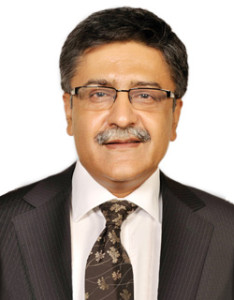In August, the Department of Telecommunications (DOT) notified amendments to the unified licence (UL), unified access service licence and licences for cellular mobile telephone service, virtual network operators and internet service providers in order to ensure neutrality of all content being transferred over the internet. The amendments were made after extensive consultation with various stakeholders, which led to the release by the Telecom Regulatory Authority of India (TRAI) of Recommendations on Net Neutrality in November 2017. These recommendations endorse the basic principle of net neutrality – “non-discriminatory treatment of content” over the internet.

Partner
Cyril Amarchand Mangaldas
The access service licence in the UL regime already had a provision for distribution of certain services on a “non-discriminatory” basis. Despite the existence of this provision, companies entered into agreements that provided preferential treatment of content. Therefore, the recent amendments go a step further and comprehensively define the contours of net neutrality law in India.
You must be a
subscribersubscribersubscribersubscriber
to read this content, please
subscribesubscribesubscribesubscribe
today.
For group subscribers, please click here to access.
Interested in group subscription? Please contact us.
你需要登录去解锁本文内容。欢迎注册账号。如果想阅读月刊所有文章,欢迎成为我们的订阅会员成为我们的订阅会员。
Cyril Amarchand Mangaldas is India’s largest full-service law firm. Asim Abbas, a partner at the firm, was assisted by Shashank Singh, an associate.
Peninsula Chambers,
Peninsula Corporate Park,
Lower Parel, Mumbai – 400 013 India
New Delhi | Bengaluru | Hyderabad | Chennai | Ahmedabad






















